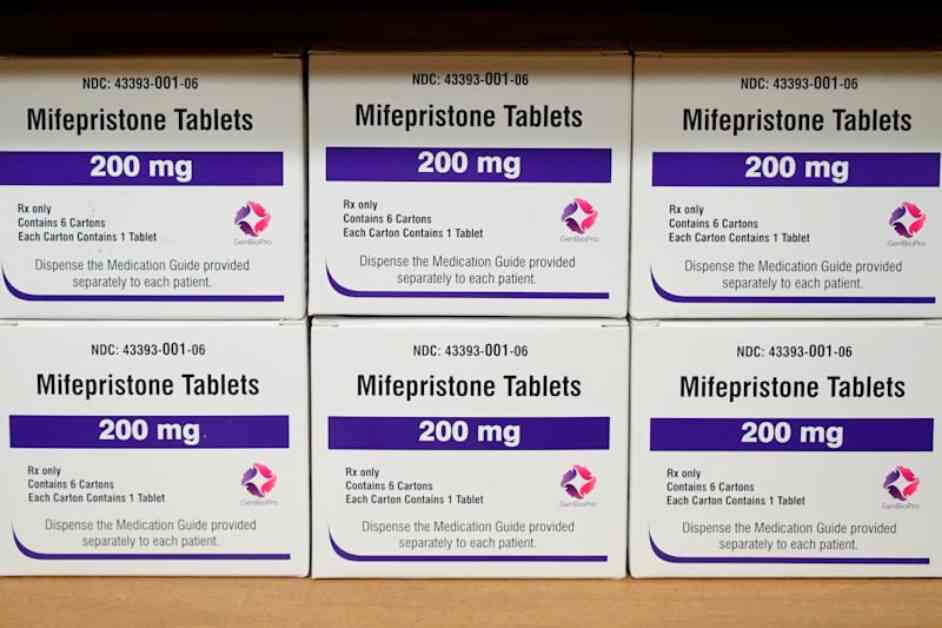The U.S. Supreme Court recently made a unanimous decision regarding expanded access to the abortion drug mifepristone. The ruling stated that anti-abortion medical groups and doctors who challenged this access lacked standing to sue. Justice Brett Kavanaugh delivered the opinion, emphasizing that plaintiffs must have a personal stake in a dispute to enter the courthouse door.
This decision upholds the FDA’s decisions that made it easier to obtain mifepristone. These decisions included allowing the drug to be dispensed by mail, permitting some licensed nonphysician healthcare providers to prescribe it, and extending its use up to 10 weeks of pregnancy instead of seven weeks. Despite objections from doctors and medical associations, the Supreme Court maintained that they did not have the standing to sue as they do not prescribe or sell the drug, nor do they face any physical injuries or property damage.
Although the plaintiffs had legal, moral, ideological, and policy objections to the FDA’s regulation of mifepristone, Justice Kavanaugh emphasized that the proper avenue to address these concerns is through the FDA, Congress, and the president. The American Bar Association supported the Supreme Court’s decision, highlighting the importance of maintaining reproductive choice and access to mifepristone for individuals and families who need it.
This ruling in the case of Food and Drug Administration v. Alliance for Hippocratic Medicine reaffirms the availability of mifepristone as an option for those seeking reproductive healthcare. It is essential to continue supporting reproductive choice to safeguard the physical and mental health of individuals and their families. The Supreme Court’s decision ensures that mifepristone remains accessible to those who require it, despite objections from certain medical groups and doctors.















